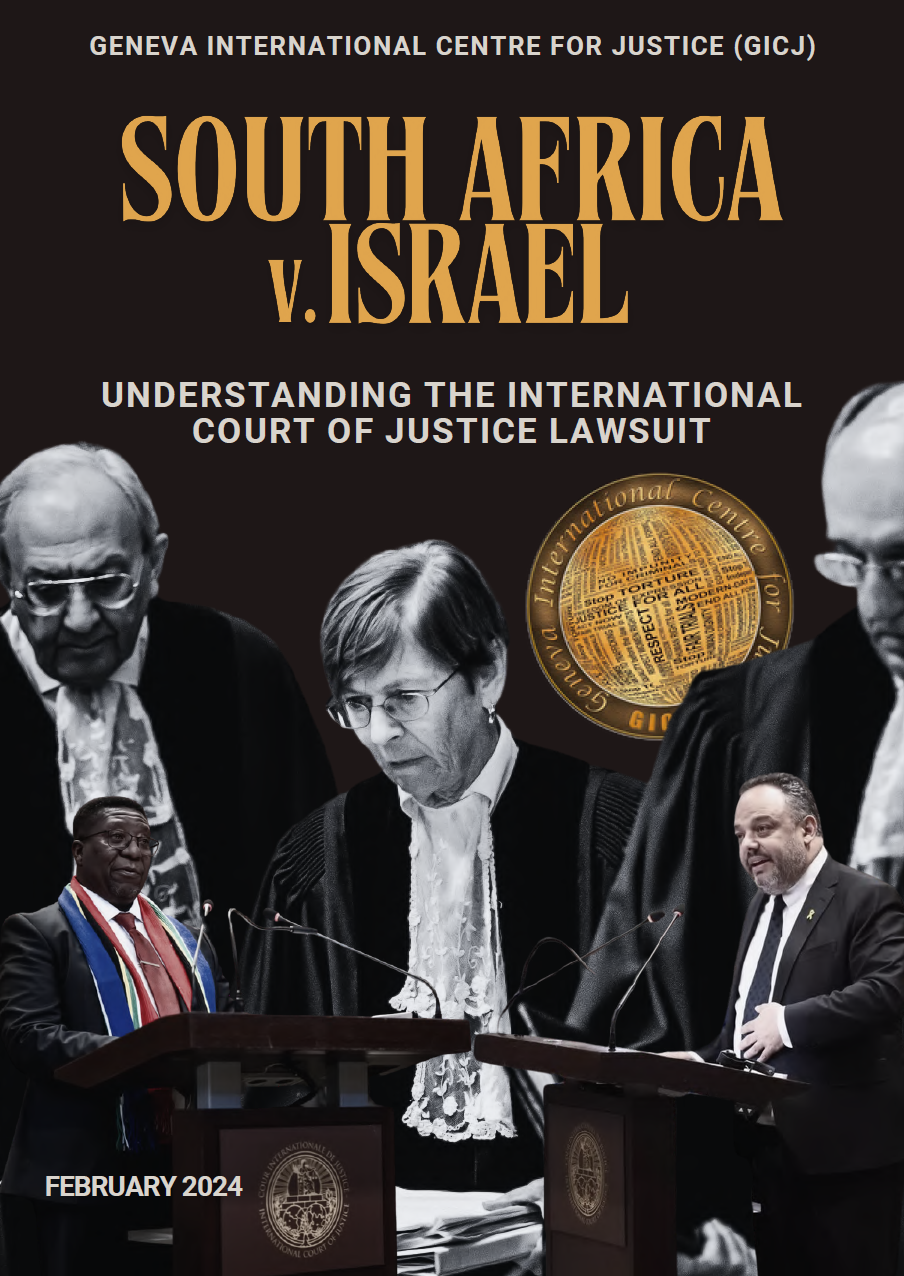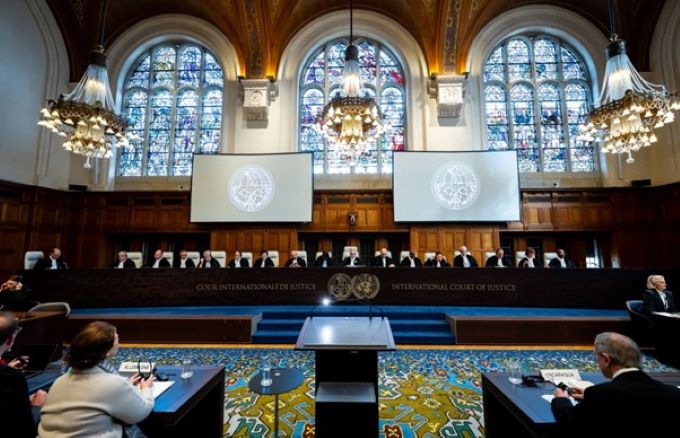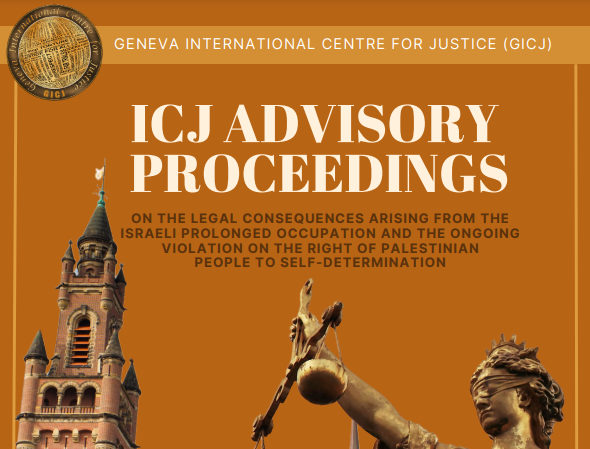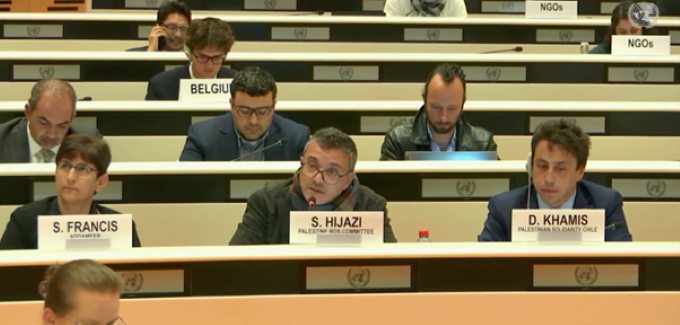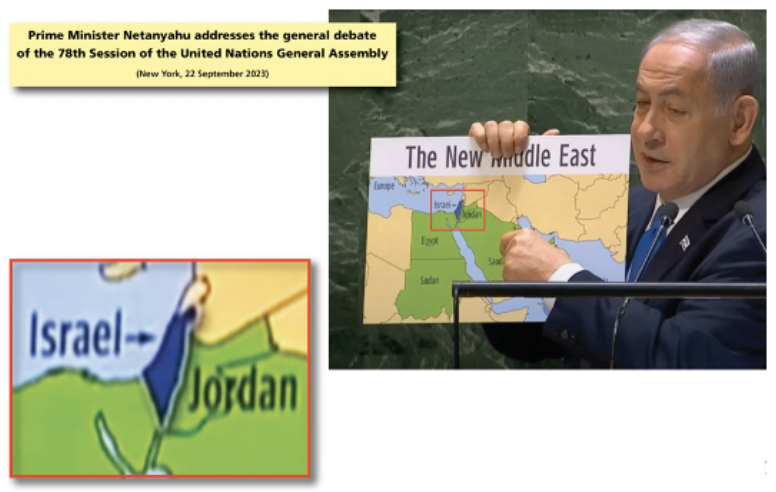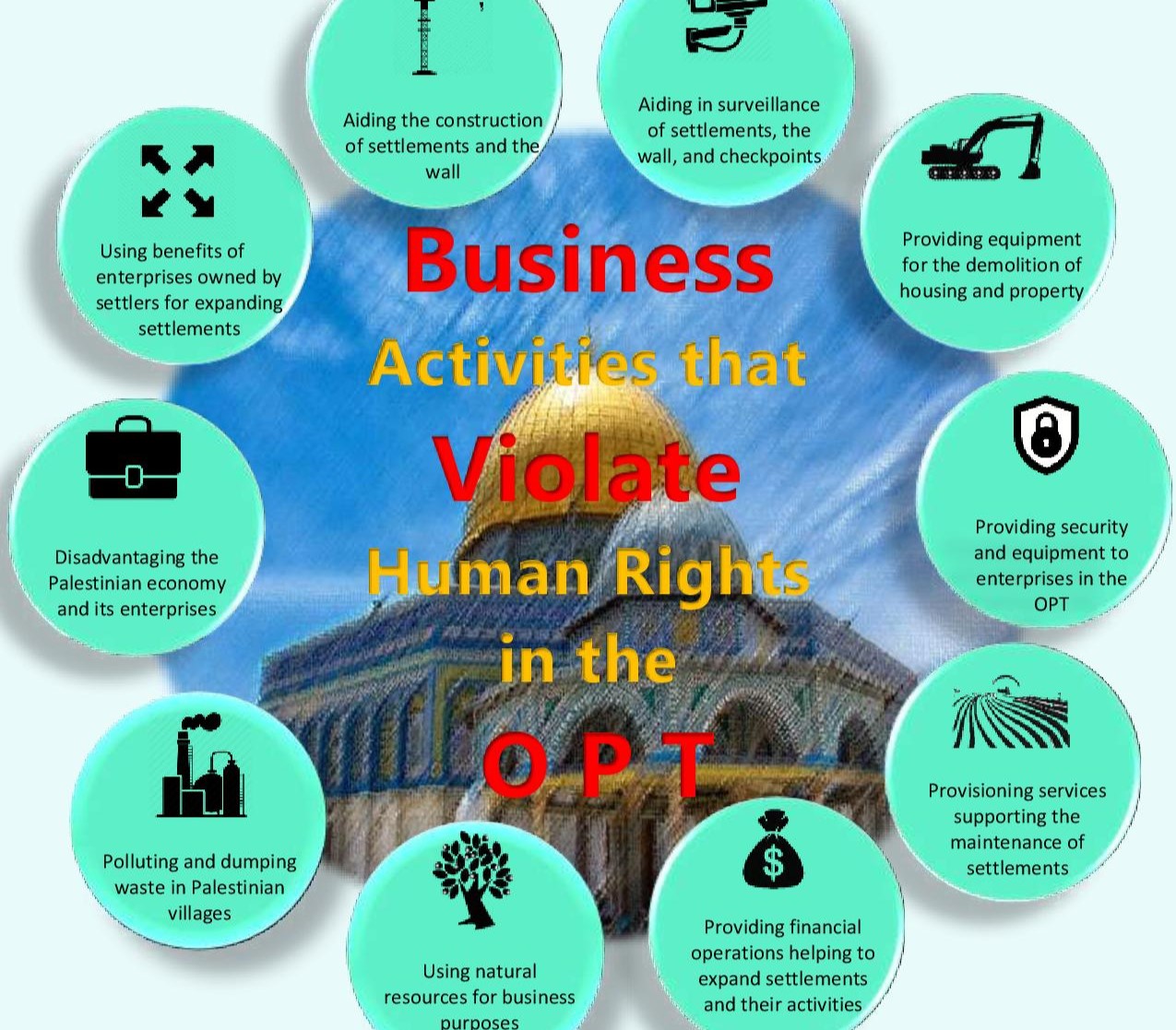South Africa v. Israel:
Understanding the Most Significant Legal Challenge for Palestinian Rights to Date
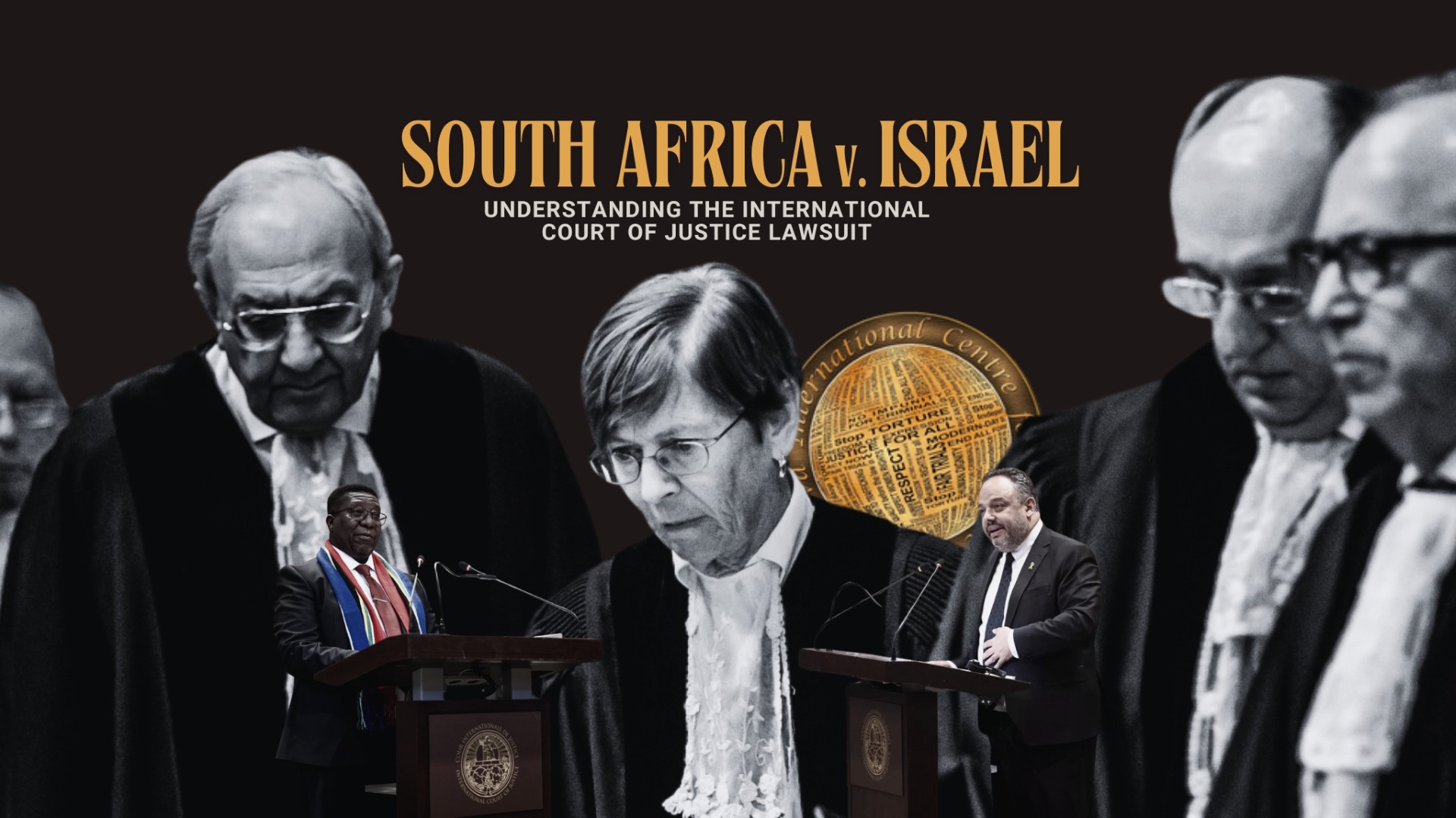
The ongoing humanitarian catastrophe in Gaza is among the most devastating in recent history. Following the events of 7 October 2023, the State of Israel has waged a brutal military campaign in the region, showing no indication of relenting. As of 12 February 2024, the United Nations Office for the Coordination of Humanitarian Affairs (OCHA) estimates that over 28,000 Palestinians have been killed, with a further 67,000 injured, and over 1.7 million displaced from their homes. As the world watches this devastation unfold, many onlookers have wondered whether Israel’s actions, widely believed to violate international law, would be adequately challenged. The Republic of South Africa was the first to answer the call. On 29 December 2023, South African President Cyril Ramaphosa announced that his country had filed a lawsuit to the International Court of Justice (ICJ) claiming that Israel had committed crimes amounting to genocide against the Palestinian people.
South Africa and Israel each presented their cases before the Court on 11-12 January 2024. Millions worldwide followed the hearings online, eager to witness one of the most important and publicised cases in recent memory. Two weeks later, the Court revealed its decision: a recognition that a genocide may be underway in Gaza, and an order for Israel to cease all military operations deemed to contribute to it. In many ways, this case has marked a pivotal point in the ongoing conflict, and in the history of the Israeli occupation of Palestine more broadly.
South Africa v. Israel is among the most significant and highly publicized cases in recent international law. It is to date the most concerted legal challenge to Israel’s unlawful and systematic oppression of the Palestinian people, and the first instance where such a challenge has proven unquestionably successful. In many ways, it is a microcosm of Palestinians’ decades-long fight to see their plight acknowledged by the international community. The charge of genocide is reserved for only the most serious crimes committed against a group. As the ICJ has acknowledged, it entirely is appropriate in these unfortunate circumstances.
Geneva International Centre for Justice (GICJ) supports the use of international bodies of justice like the ICJ in seeking resolutions to the suffering of vulnerable groups. It emphasizes the importance of pursuing such mechanisms of redress to acknowledge the hardships the Palestinian people face in their search for recognition of their struggle. The international community cannot stand idly as this genocide unfolds. It must bring an end to Israel’s brutal assault on Gaza, in addition to its illegal occupation of all Palestinian territories. The Palestinian people will never be truly free if forced to live under this historically violent occupying power. Immediate and tangible action must be taken to ensure their right to self-determination and deliverance from decades of oppression. Only then will the will they find true justice.
This GICJ report provides an overview of South Africa v. Israel. It begins with an analysis of the South African lawsuit, delving into its main arguments, as well as the relief sought from the Court. It then examines the hearings held at The Hague on 11-12 January 2024, providing insights into the arguments presented by both parties. Finally, it discusses the significance of the Court’s decision to grant provisional measures, and its potential implications for the ongoing crisis. Understanding this case is critical to capturing the legal dimension of the war on Gaza.
To read the full report, please click the image below:
Read more from GICJ:




